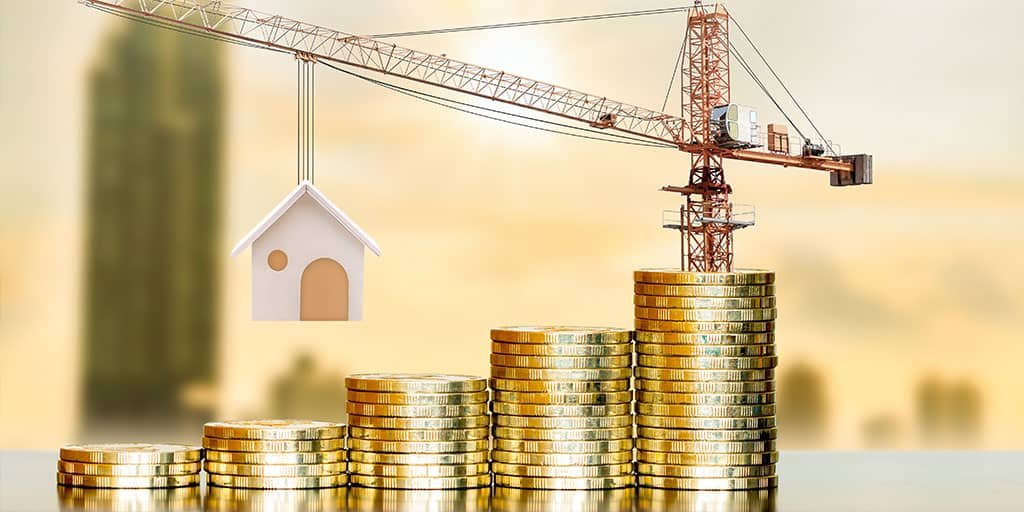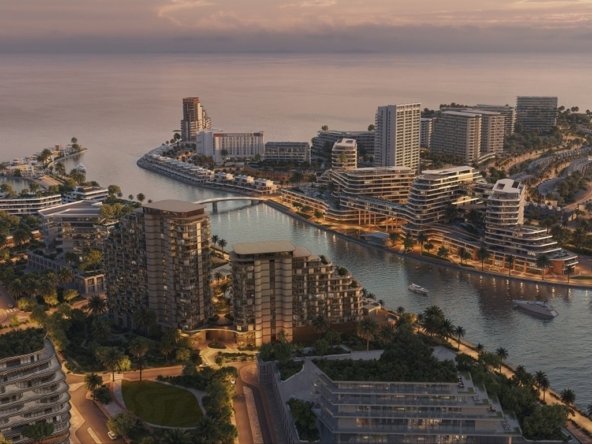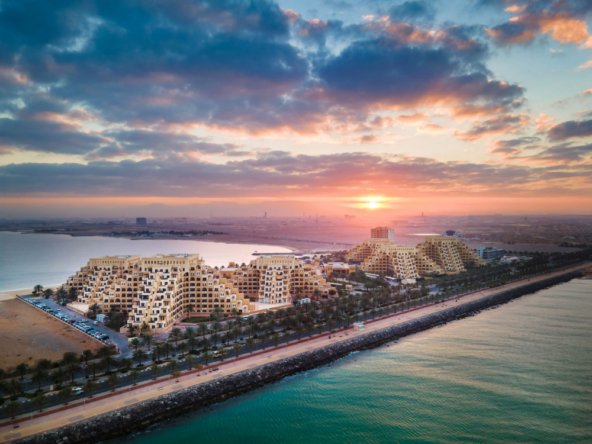The construction industry in the Middle East is facing impending cost increases due to recent global trade tariffs introduced by former U.S. President Donald Trump. This development follows the release of Stonehaven’s 2025 UAE & KSA Construction Cost Benchmarking Report, which already anticipated notable rises in construction expenses.
The report projected a construction cost increase of 2.7% to 3.3% in the UAE and a more substantial rise of 3.4% to 7% in Saudi Arabia. However, analysts are now expressing concerns that these predictions may be underestimating the potential impact, as the effects of international trade policy, stock market fluctuations, and disruptions in material supply chains begin to materialize.
Gordon Rodger, Managing Director of Stonehaven, highlighted the region’s vulnerability to global commodity price shifts, stating, “With more than $2.3 trillion in active projects in Saudi Arabia and the UAE combined, the region is deeply exposed to global commodity fluctuations.” He emphasized that essential construction materials such as steel, concrete, and aluminum are largely imported, and as sourcing costs rise, construction budgets will face mounting pressure in the coming 18 to 24 months.
The report presents several key findings regarding the construction landscape in the UAE and Saudi Arabia, highlighting both challenges and opportunities for developers:
1. Construction Cost Inflation:
- UAE project costs are expected to increase by 2% to 5%.
- In Saudi Arabia, costs may rise by up to 7%, with additional risks linked to external trade shocks.
2. Labor Market Strains:
- Labor expenses comprise up to 40% of total project costs.
- There is a pressing need for the adoption of automation and AI in project delivery to mitigate these costs.
3. Technology-Driven Resilience:
The report emphasizes the importance of adopting technologies such as modular construction, AI-powered planning, and Building Information Modeling (BIM) as strategies to manage fluctuating costs effectively.
4. Sustainability Focus:
- Developers are increasingly focusing on carbon tracking, circular construction practices, and obtaining environmental certifications.
- These practices are seen not only as compliance measures but as strategies for long-term cost management.
5. Regional Development Surge:
- Dubai is projected to add 19,700 new villas by 2025.
- Major projects in Saudi Arabia, such as NEOM, The Red Sea Project, and Qiddiya, are set to significantly transform the kingdom’s-built environment.
6. Call to Action:
- Rodger emphasizes the urgent need for developers to take swift and strategic actions in response to the current challenges.
- He warns that the combination of labor shortages, inflation, outdated delivery models, and global trade issues creates a critical situation requiring quick decision-making to secure favorable construction contracts.
Overall, the report underscores a challenging yet dynamic environment for construction in the region, necessitating innovation and proactive strategies from developers to navigate the complexities ahead.




